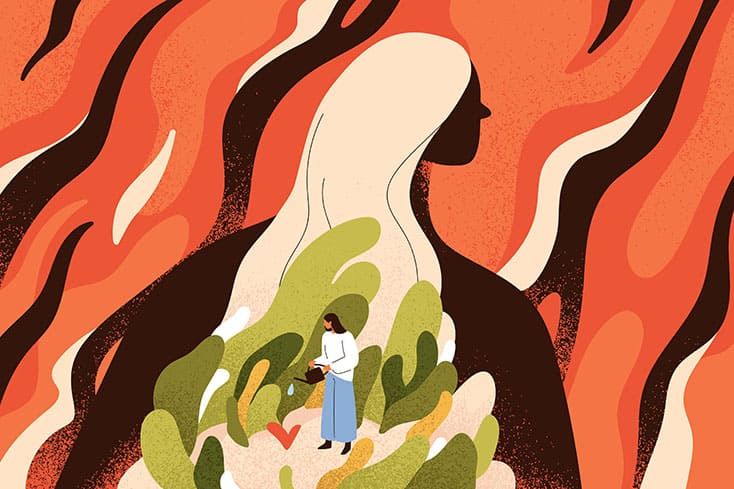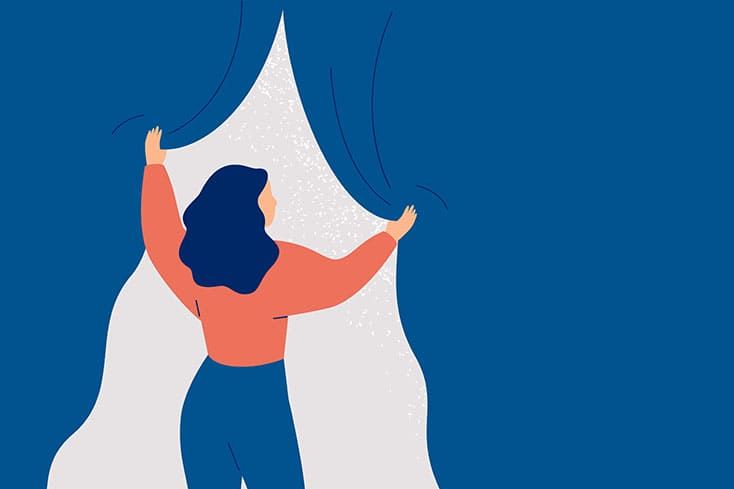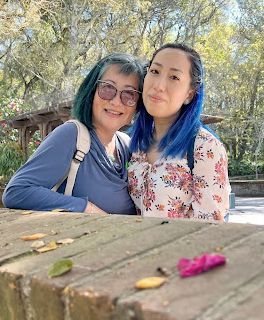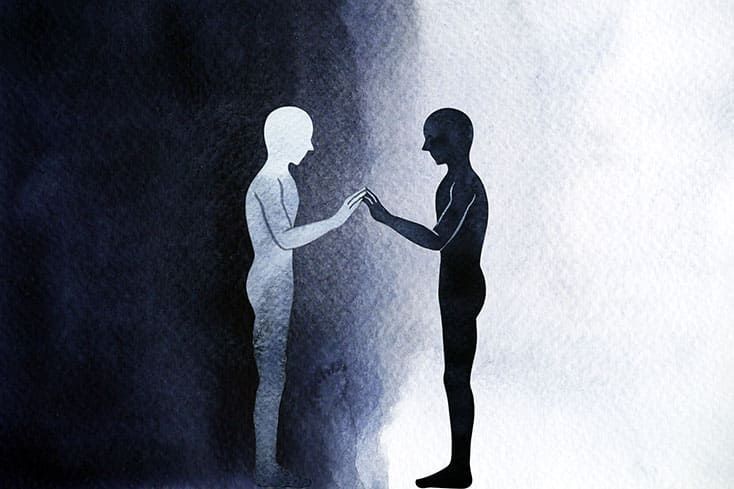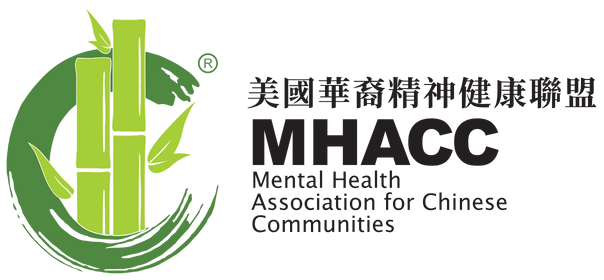加州5150/5250/監護權問答 | What is 5150, 5250, and CareCourt?
MHACC 雙語部落格 Bilingual Blog
Scroll down for the English Version ⬇️
Q: 什麼是5150?
答: 加州福利與機構法典的5150條款授權對個體進行最長72小時的非自願拘留,這通常發生在因心理健康問題而對自己或他人構成危險,或者嚴重失能的情況下。需要滿足以下條件之一:1)患者可能會傷害自己;2)患者可能會傷害他人;3)患者無法滿足自己的基本生活需求。 5150 通常涉及執法或其他緊急服務人員的介入。
在72小時期間,個人將在精神病院接受心理健康專業人員的評估和治療。 主要目標是提供穩定護理、進行深入評估、啟動治療並確定是否需要長期非自願承諾。 如果在這 72 小時內的任何時間,心理健康專家確定該人不再符合 5150 拘留的標準,則必須將其釋放。
Q: 什麼是5250?
答: 5250條款允許在5150條款下最初72小時拘留期之後額外延長14天的非自願拘留。 當精神科醫生或執照心理學家發現個體仍然存在重大危險或由於心理健康問題仍然嚴重失能時,可以採取此延長措施。 嚴重失能涉及無法照顧自己的基本需要,包括食物、衣物或住所。
Q: 5150條款72小時後,如何進入5250條款?
答: 要啟動 5250 拘留,精神病機構必須在個人仍處於 5150 拘留期間進行認證審查聽證會。 他們必須提供證據證明該人繼續對自己或他人構成危險,或因精神健康障礙而嚴重殘疾。 如果聽證官同意,該人可以再被拘留最多 14 天接受治療。 在此過程中,個人將被告知其權利以及延長保留的原因。
Q:在5250條款下患者有什麼權利?
答: 在5250條款下,患者有權在拘留開始後的四天內進行認證審查聽證會,以此質疑拘留。 此外,患者在此過程中有權獲得法律代表,以確保其權利受到保護,且拘留的必要性得到合理評估。
Q:什麼是AB 1424法案?
答: AB 1424法案要求心理健康專業人員在評估個體是否符合5150或5250條款下非自願承諾的標準時,考慮更廣泛的信息,包括患者的歷史和來自家庭成員及看護人的輸入。 這種全面的方法有助於臨床醫生更全面地了解患者的心理狀態和行為歷史。
Q:在根據5150條款召喚執法部門處理心理健康緊急情況時應注意什麼?
答: 在心理健康緊急情況下涉及執法部門時,至關重要的是要清晰、冷靜地描述情況和個體的情緒狀態。 為了安全,清除現場潛在的武器很重要。 事先準備,包括提前完成AB 1424表格,可以幫助有效、安全地處理情況。 也需重視使用緩和技巧和清晰的溝通,以傳達危機的心理健康性質。
Q: 什麼是臨時監護權和永久監護權?
答: 經過5250條款規定的17天之後,病人可能進入為期30天的「臨時監護權」程序。 在這個階段,患者必須符合上述的第二和第三條件。 30天后,患者可能進入為期一年的“永久監護權”,並且每年進行複審和更新。 監護權基本上是剝奪一個人的自由和權力,需要經過複雜的法律和法院程序。
Q: 監護權的特殊條件是什麼?
答: 監護權的設立必須基於無人願意為當事人提供基本生活需求的情況。 如果當事人能找到人提供生活支持,或願意接受庇護所安排,則監護權不成立。 如果當事人有能力作為無家可歸者生活,就不符合「嚴重失能」的定義。監護權不是家屬自己可以申請的家屬可以和医師/社工提出要求,家屬可以和医師/社工提出要求。
Q:什麼是CARE法庭法案?
答: CARE法庭法案引入了一種新的框架,旨在為嚴重心理疾病的個體提供更全面的支持。 它專注於創建個人化的治療計劃,並確保獲得必要的社會和醫療服務。 該法案旨在填補現有心理健康護理系統的空白,為患者提供更全面的照護方式。
這是現在Care Court 的法案供參考:https://www.chhs.ca.gov/care-act/
Q: What is a 5150?
A: The 5150 provision in the California Welfare and Institutions Code authorizes up to 72 hours of involuntary detention for an individual, typically occurring when mental health issues pose a danger to themselves or others, or result in serious disability. One of the following conditions must be met: 1) The patient may harm themselves; 2) The patient may harm others; 3) The patient is unable to meet their basic life needs. A 5150 usually involves intervention by law enforcement or other emergency service personnel.
During the 72-hour period, the individual will be evaluated and treated by mental health professionals at a psychiatric facility. The main goals are to provide stabilization care, conduct an in-depth evaluation, initiate treatment, and determine if long-term involuntary commitment is necessary. If at any time during these 72 hours, mental health experts determine that the person no longer meets the criteria for a 5150 hold, they must be released.
Q: What is a 5250?
A: The 5250 provision allows for an additional 14 days of involuntary detention following the initial 72-hour period under the 5150 provision. This extension can be implemented when a psychiatrist or licensed psychologist finds the individual still poses a significant danger or remains gravely disabled due to mental health issues. Grave disability involves being unable to take care of one's basic needs, including food, clothing, or shelter.
Q: How do you transition from 5150 to 5250 after 72 hours?
A: To initiate a 5250 hold, the psychiatric facility must conduct a certification review hearing while the individual is still under the 5150 hold. They must provide evidence that the person continues to be a danger to themselves or others, or is gravely disabled due to a mental health disorder. If the hearing officer agrees, the individual can be held for up to an additional 14 days of treatment. During this process, the individual will be informed of their rights and the reasons for the extended hold.
Q: What rights does a patient have under the 5250 provision?
A: Under the 5250 provision, patients have the right to a certification review hearing within four days of detention to challenge the detention. Moreover, patients are entitled to legal representation during this process to ensure their rights are protected and the necessity of detention is reasonably assessed.
Q: What is the AB 1424 bill?
A: The AB 1424 bill requires mental health professionals to consider a broader range of information when assessing whether an individual meets the criteria for involuntary commitment under the 5150 or 5250 provisions. This includes the patient's history and input from family members and caregivers. This comprehensive approach helps clinicians better understand the patient's mental state and behavioral history.
Q: What should be considered when involving law enforcement in a mental health emergency under the 5150 provision?
A: In mental health emergencies involving law enforcement, it is crucial to describe the situation and the individual's emotional state clearly and calmly. Removing potential weapons from the scene for safety is important. Preparations, including completing the AB 1424 form in advance, can help handle the situation effectively and safely. Emphasizing de-escalation techniques and clear communication to convey the mental health nature of the crisis is also necessary.
Q: What are temporary and permanent conservatorship?
A: After the 17 days prescribed under the 5250 provision, a patient may enter a 30-day "temporary conservatorship" process. In this stage, the patient must meet the second and third conditions mentioned above. After 30 days, the patient may enter a one-year "permanent conservatorship," subject to annual review and renewal. Conservatorship essentially strips an individual of their freedom and rights and requires a complex legal and court process.
Q: What are the special conditions for conservatorship?
A: Conservatorship must be established based on the absence of anyone willing to provide basic life needs for the individual. If someone can provide support or the individual is willing to accept shelter arrangements, conservatorship does not stand. If the individual can live as a homeless person, they do not meet the definition of 'gravely disabled'. Family members cannot apply for conservatorship themselves but can request it from doctors/social workers.
Q: What is the CARE Court Act?
A: The CARE Court Act introduces a new framework aimed at providing more comprehensive support for individuals with severe mental illnesses. It focuses on creating personalized treatment plans and ensuring access to necessary social and medical services. The Act aims to fill gaps in the existing mental health care system, offering more comprehensive care for patients. For reference, here is the current Care Court Act:https://www.chhs.ca.gov/care-act/
Note: This information is specific to California law. Laws may vary in different states and regions. Always consult local legal experts and medical professionals when handling mental health crises. While this article provides general information, specific cases require handling by qualified professionals.






